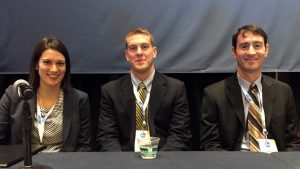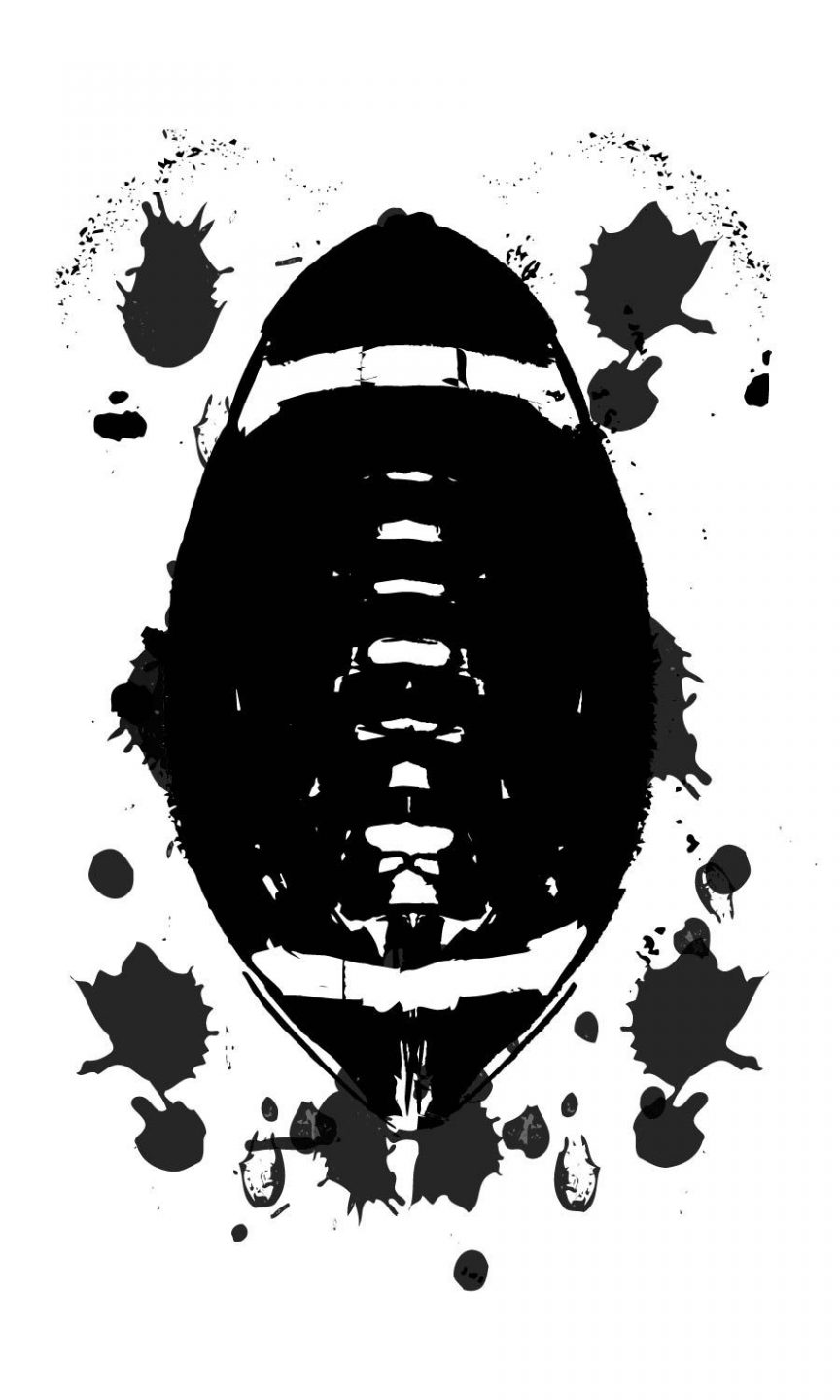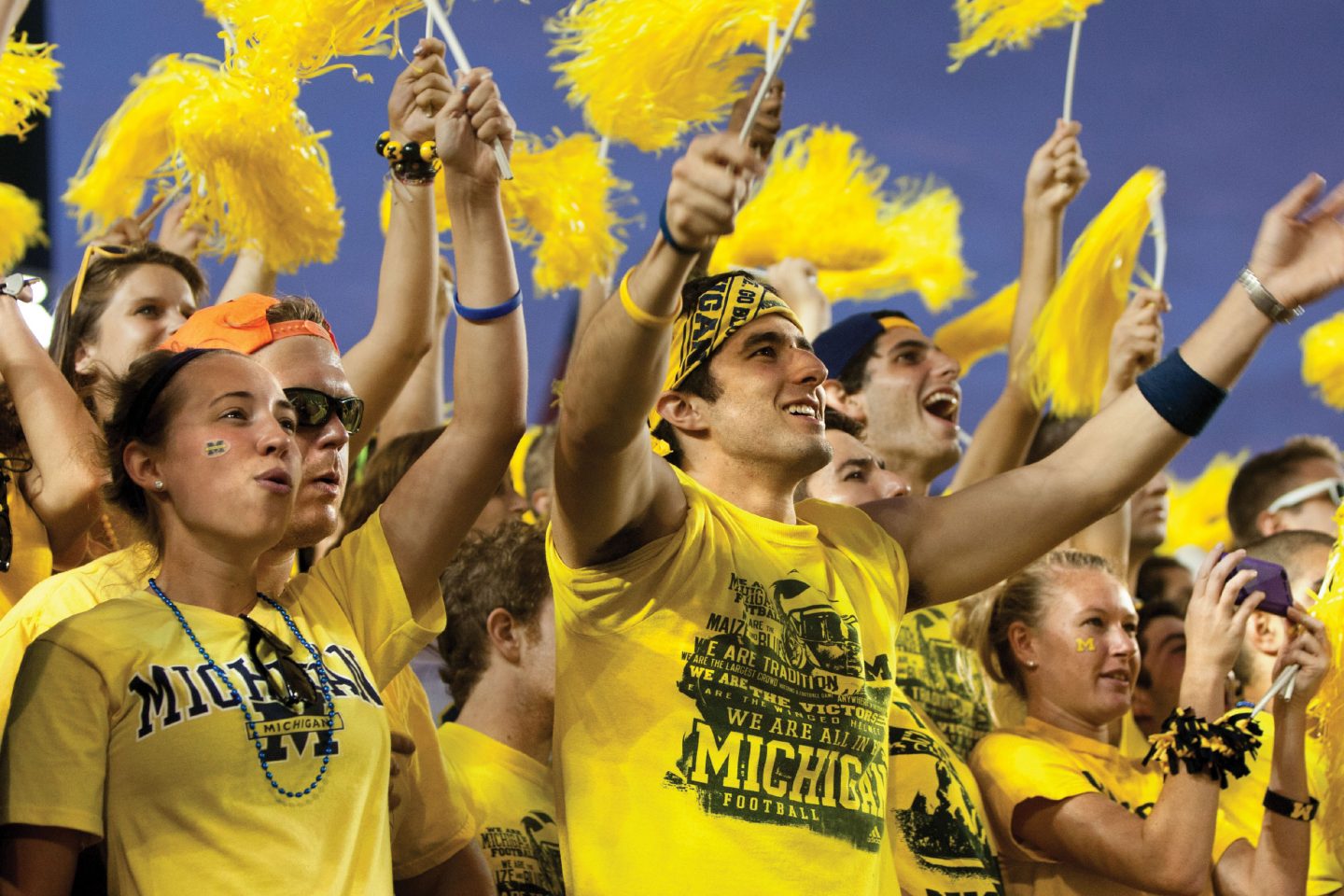Read the original story from MGoBlue.com, Part 1 | Part 2

By Steve Kornacki
ANN ARBOR, Mich. — There’s nothing more powerful than connecting in a time of need and finding that there is someone else who understands your distress, desperation and feelings.
Will Heininger, former defensive lineman for the University of Michigan football team, found that person in athletic trainer Lenny Navitskis, who noticed him in distress and suspected he needed help.
Kally Fayhee, former U-M swim team captain, found that person in a teammate and good friend. She was struggling with anxiety and an eating disorder, finally breaking down to someone she felt confident confiding in. Fayhee was given an ultimatum by her friend to seek help.
Both made it through the toughest of times with support from coaches, teammates, friends and family. And, perhaps most importantly, they got on the path to recovery by connecting with athletic department counselor Barb Hansen.
They wept in private while trying to tough it out, doing what they were taught as athletes, but found that they were facing an entirely different opponent — one that required more than inner strength to defeat.
And while their quests to wellness came with plenty of trials and tribulations, they got help and stayed the course to understand what was happening in their minds and how to address it.
Now, they are the helping hands, the people other Wolverine student-athletes can reach out to for answers, direction and hope.
Heininger is a driving force behind Athletes Connected, a program designed to remove the stigma attached to mental illnesses while raising awareness and providing solutions. After first sharing his story at the U-M Depression on College Campuses Conference, he left a job in finance in Chicago to become involved with the initiative and is contemplating making it his life’s work.
Read the rest of the story here.







